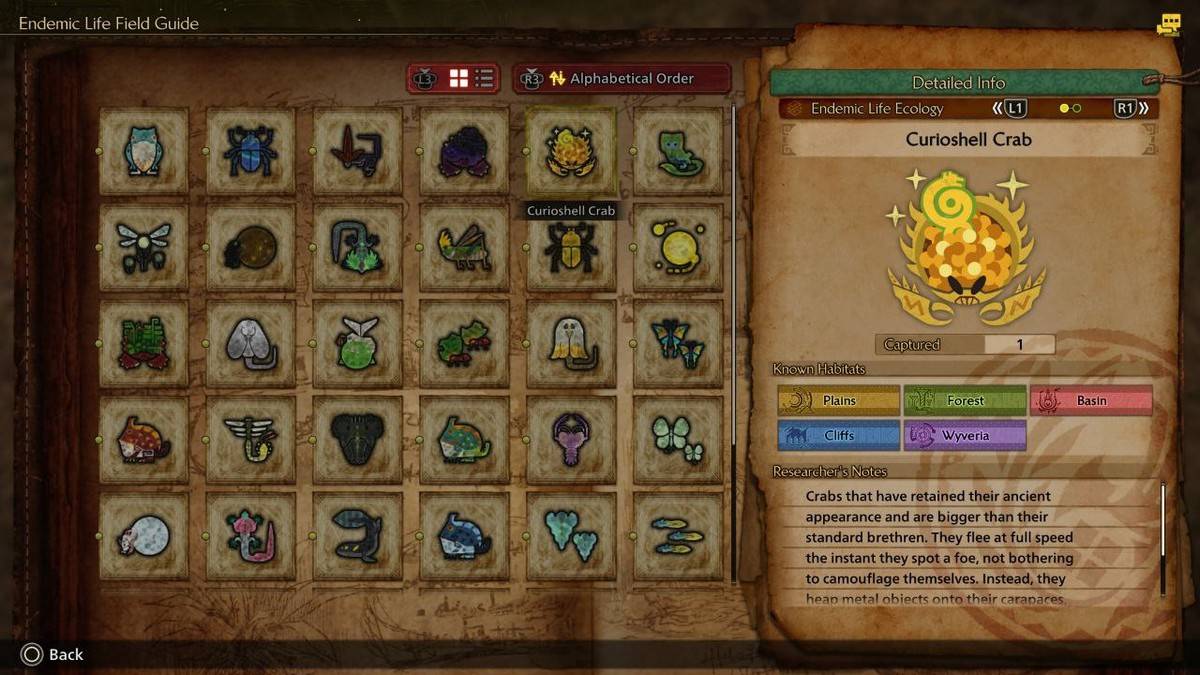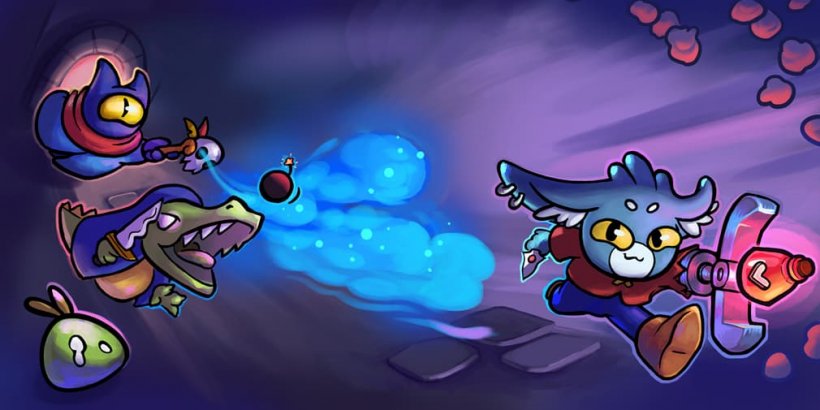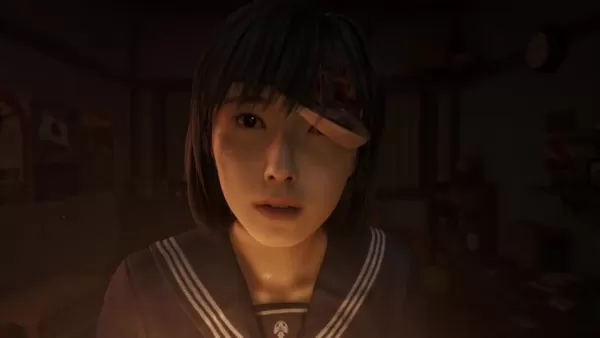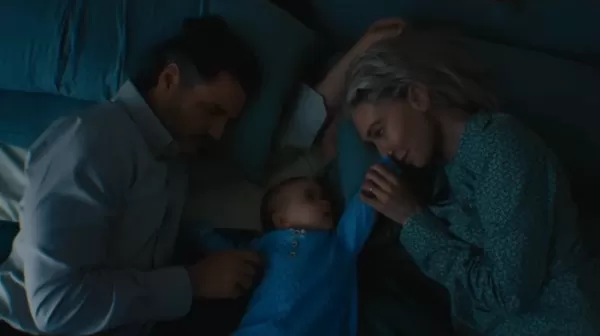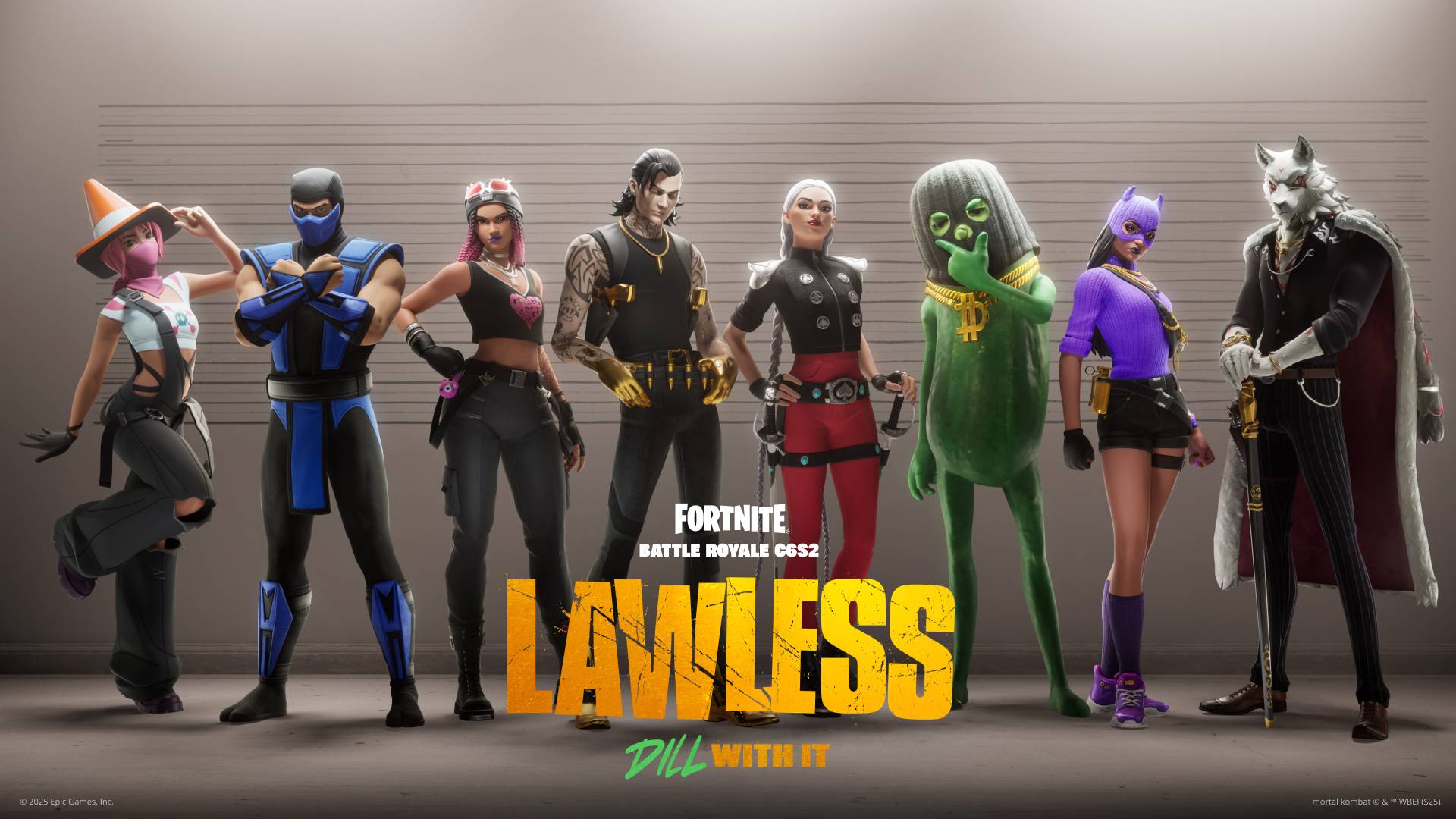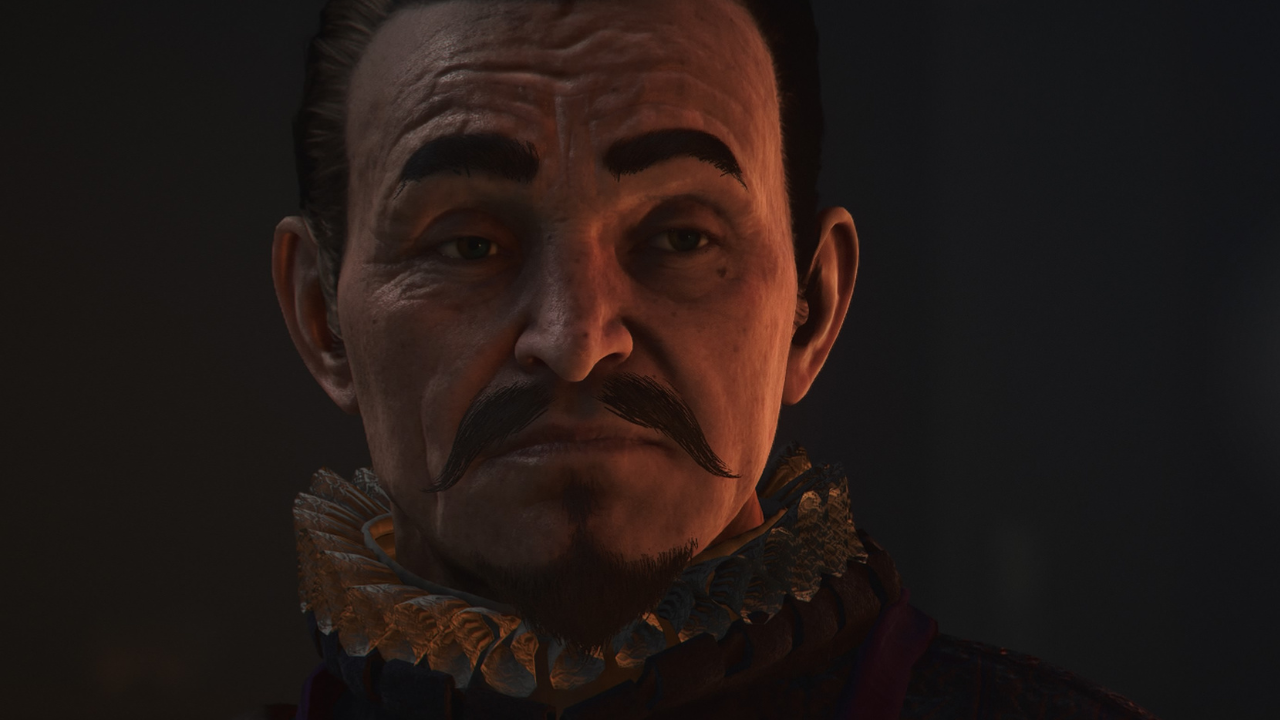Ridley Scott's Lost Dune Script Discovered: 'Wouldn't Have Pleased Fans'
"It would be very easy to make a bad film of Dune…" –Ridley Scott, South Bend Tribune, 1979
This week marks the 40th anniversary of David Lynch's Dune, a film that initially bombed at the box office with a $40 million haul but has since cultivated a devoted cult following over the past four decades. Released on December 14, 1984, Lynch's interpretation stands in stark contrast to Denis Villeneuve's recent two-part adaptation of Frank Herbert's iconic novel. When Ridley Scott, fresh off the success of Alien and later known for Blade Runner and Gladiator, was announced to direct Dune for producer Dino De Laurentiis in May 1981, the film world buzzed with anticipation. However, Scott eventually stepped away, paving the way for the enigmatic David Lynch to take the helm.
Details about Scott's version, developed over seven to eight months, remained scarce until now. Thanks to the diligent efforts of T.D. Nguyen, a 133-page October 1980 draft of Scott's unproduced Dune film, penned by Rudy Wurlitzer (known for Two-Lane Blacktop and Walker), was uncovered within the Coleman Luck archives at Wheaton College and shared with this author.
When Scott joined the project after the triumph of Alien, Frank Herbert had already crafted a detailed two-part screenplay that, while faithful to the book, was deemed unfilmable. Scott, after reviewing Herbert's script, selected a few scenes he found promising but ultimately enlisted Wurlitzer for a complete rewrite. This new script, developed in London during pre-production at Pinewood Studios, was envisioned as the first part of a two-part saga, similar to Herbert's and Villeneuve's approaches.
Wurlitzer, reflecting on the challenge, told Prevue Magazine in 1984, "The Dune adaptation was one of the most difficult jobs I've ever done. It took more time to break it down into a working outline than to write the final script. I believe we kept to the spirit of the book but, in a sense, we rarefied it. We interjected a somewhat different sensibility."
In a 2021 interview with Total Film, Scott affirmed the quality of the script, stating, "We did a script, and the script is pretty fucking good."
Several factors contributed to the collapse of Scott's Dune project, including personal grief following his brother Frank's death, reluctance to film in Mexico as demanded by De Laurentiis, a budget exceeding $50 million, and the allure of the Blade Runner project. Additionally, as Universal Pictures executive Thom Mount revealed in the author's book A Masterpiece in Disarray – David Lynch's Dune, "Rudy's version of the script did not receive unanimous, glowing enthusiasm."
The question remains: was Wurlitzer's script a flawed cinematic adaptation of Herbert's expansive narrative, or was it simply too dark, violent, and politically charged to become a commercial success? You can explore our in-depth analysis and decide for yourself.
Rudy Wurlitzer (now 87) and Ridley Scott were both contacted for this article but declined to comment.
A Wilder Shade of Paul
The October 1980 draft of Dune opens with a dream sequence depicting scorching deserts and apocalyptic armies, setting the stage for Paul's ominous destiny. Scott's signature visual richness is evident in descriptions like "birds and insects become a whirling hysteria of motion," showcasing his unique artistic flair.
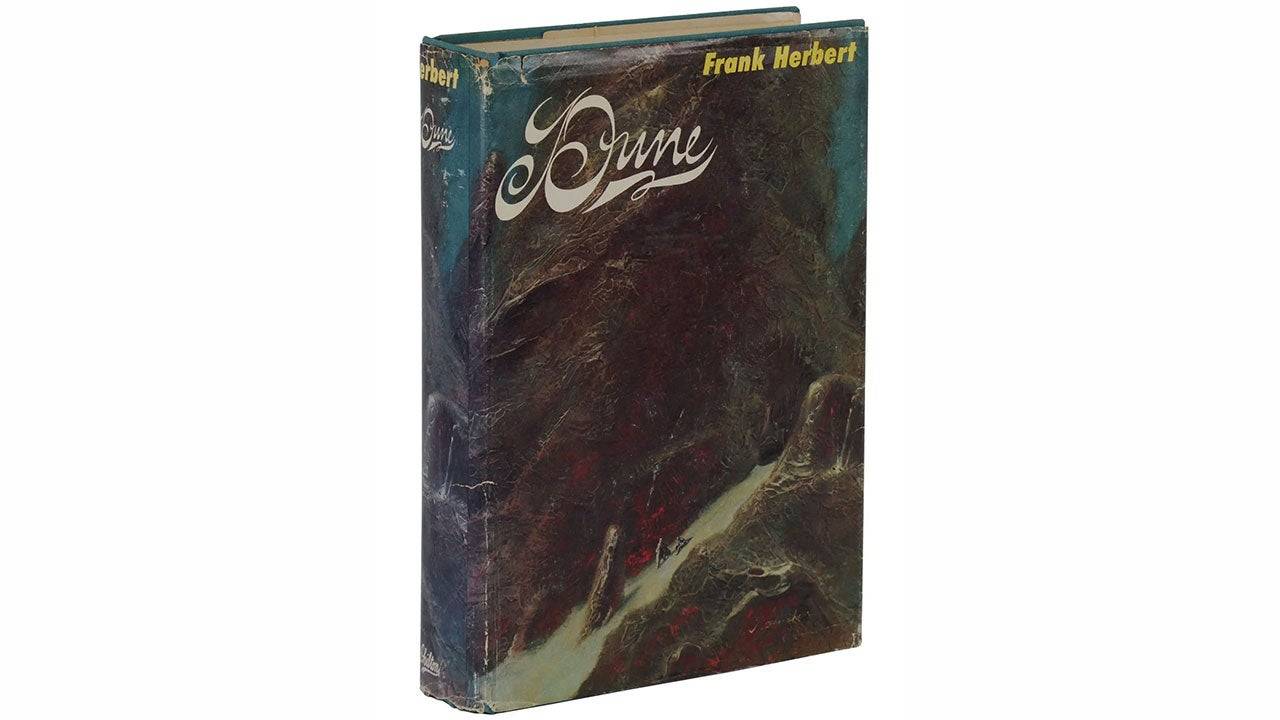
As Scott explained to Total Film, "We did a very good take on Dune, because early days, I’d work very, very closely with the writer. I was always glomming the look of the film onto what he or she was writing."
The script introduces a 7-year-old Paul Atreides with long blonde hair, who awakens to rain pelting the windows of Castle Caladan. During his trial with the Reverend Mother, his recitation of the Litany Against Fear is intercut with his mother Jessica's, highlighting their psychic bond. The script maintains the intensity of Lynch's version with visuals of a burning hand, though symbolic rather than literal.
After passing his test, young Paul uses The Voice to retrieve a sword from a guard and nearly kills Duncan Idaho in his sleep, testing the adage that "a true warrior never sleeps." This Paul embodies a "savage innocence."
Stephen Scarlata, producer of the documentary Jodorowsky's Dune, notes, "Rudy Wurlitzer’s version of Paul is far more assertive. He actively takes charge. We even see a flash-forward of his growth spanning from age 7 to 21, where his relentless training leads him to surpass Duncan Idaho. Personally, I prefer Lynch’s depiction of Paul. There’s an added tension in believing Paul might defeat Gurney, only to realize he doesn’t. This vulnerability makes us feel more fear and concern for him, especially when Paul and Jessica are forced to escape."
By the age of 21, Paul has become a master swordsman, described as "handsome, charismatic, regal." Duncan, now older with white hair and a beard, mirrors Jason Momoa's portrayal in his humor:
DUNCAN
It is a teacher's duty to have his pupil someday surpass him.
(smiling)
But, don't think you can relax. This is just one level you have reached. There are other, more perilous, methods to master. But, not now. Now we are going to get properly drunk.
Long Live the Emperor
The script then shifts to Jessica observing a gardener raking white pebbles into patterns. As rain begins to fall, the gardener kneels and proclaims, "the Emperor is dead," a pivotal moment not found in the book. Ian Fried, screenwriter of Legendary's Spectral and a recent unmade version of The Island of Dr. Moreau, shared with IGN, "I absolutely love the moment of Jessica looking out across the castle at the gardener raking white pebbles into patterns. Then all of a sudden it starts raining and the gardener falls to his knees, prostrates himself, looks up at the sky and says, 'the Emperor is dead.' I get chills just saying that. On the other hand, that's not at all from the book. There's so much material in Dune that to be adding new stuff is probably not what most people would have wanted or would want now. That was a really, really interesting part of the script, that the catalyst for everything is the Emperor dying."
The narrative transports us to the Emperor's Inner Kingdom, surrounded by snow peaks and mystic circles, where members of the Twenty-Four Great Houses mourn the Emperor. The mystical atmosphere intensifies as the deceased Emperor speaks through a medium with hollowed-out eye sockets, bequeathing Duke Leto Atreides control of Arrakis to combat the universe's encroaching darkness.
Baron Harkonnen, through Feyd-Rautha, attempts to negotiate a division of Arrakis' spice production with Duke Leto, who refuses. A line strikingly similar to Lynch's version emerges:
BARON
(to DR. YUEH)
Understand the position well before you leave. Who controls Dune controls the Spice, and who controls the Spice controls the Universe. Without me, your Duke controls nothing.
Mark Bennett of DuneInfo remarked, "Normally I have credited Lynch with this great line. Given that this was a De Laurentiis project script, I wonder if Lynch read it and borrowed that line, or came up with it independently?"
Flight of the Navigator
Similar to Lynch's film, the Atreides family's departure from Caladan aboard a Guild Heighliner features a Navigator, a spice-mutated being described as "an elongated FIGURE, vaguely humanoid with finned feet and hugely fanned, membranous hands, floating in a transparent outer container, like a loose, flexible skin; a fish in a strange sea with eyes of Total Blue." The Navigator ingests a pill, falls into a coma, and navigates using musical intonations, reminiscent of Scott's later film Prometheus.
Ian Fried added, "I absolutely loved that they were able to show the Navigator. Even though I love the Denis Villeneuve movies, I'm really disappointed we didn't get to see his take on that. A missed opportunity."
Upon arriving on Arrakis, the Atreides' fortress reflects the aesthetic of Scott's Legend, with dark chambers and massive fireplaces, emphasizing a medieval tone. The script highlights ecological themes through Liet Kynes' introduction of his daughter Chani to Duke Leto and Paul, showcasing the devastating impact of spice harvesting on the planet's ecosystem.
The script intercuts scenes of the Atreides' journey through the desert with the gifting of a crysknife to Lady Jessica by the house servant Shadout Mapes, who is intriguingly depicted with three breasts. The streets of Arakeen are described as squalid, emphasizing class disparities inspired by Gillo Pontecorvo's The Battle of Algiers.
A new action-packed scene features Paul and Duncan engaging in a bar fight in the city, where Paul kills an opponent with a single finger thrust. Stephen Scarlata commented, "That feels like a bar brawl you’d find in a Burt Reynolds or Walter Hill action movie. The fight scene feels out of place because it makes Paul seem too invincible too soon. His journey is about growth - learning to survive, adapt, and lead. If he’s already effortlessly beating enemies, we lose the tension/fear for his safety key to making his transformation meaningful."
The script also introduces the stoic Fremen leader Stilgar, who decapitates a lone Harkonnen agent in a smuggler's market. Jessica, in a moment of meditation, levitates like a magician and discusses with Duke Leto their plan to conceive a child.
Baron Wasteland
Dr. Yueh, after receiving a secret message, shares a poignant moment with Paul before sending him to the city for a night of freedom. Paul, following a homeless boy, enters a Fremen Spice Den, where he inhales blue spice vapor and experiences visions of his unborn sister Alia. In a surreal scene, Paul hypnotizes a tiny sandworm, placing it into a conch shell.
Yueh poisons and kills Thufir over a chess game, then deactivates the house shield, allowing Harkonnen Death Commandoes to infiltrate the castle. Paul, returning from the city, is attacked by a Hunter-Seeker, depicted as a bat-like creature with a cobra's head. He decapitates it just as Jessica enters the room.
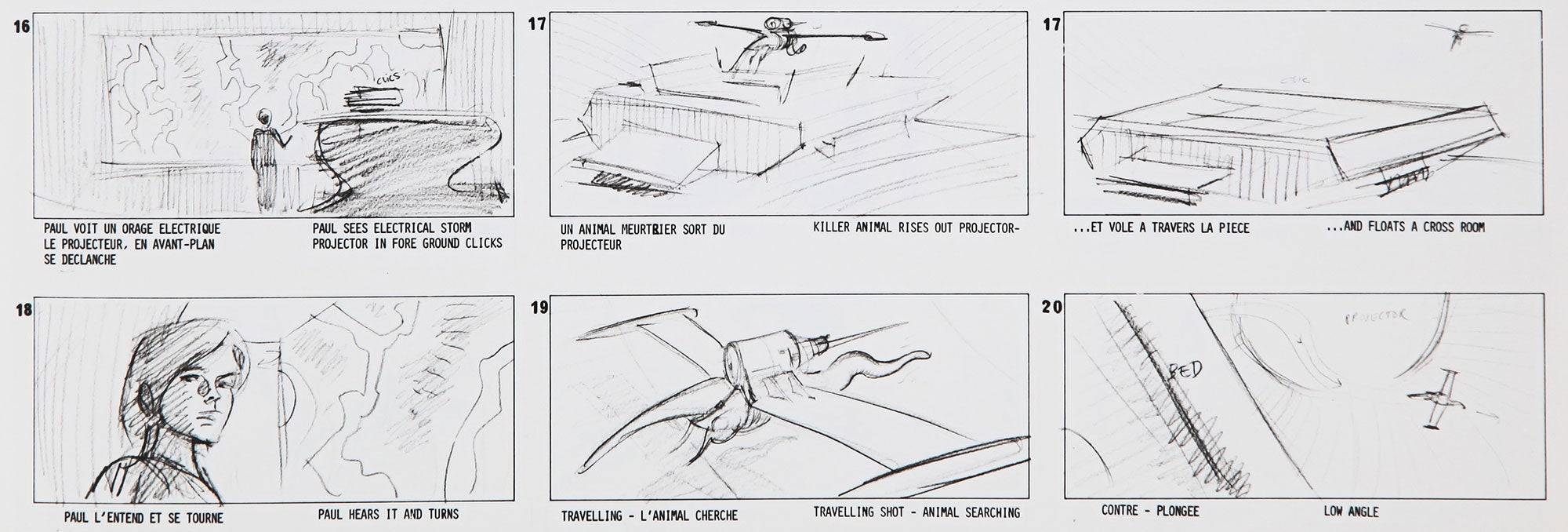
Scarlata remarked, "The Hunter-Seeker scene is fascinating to me. Introducing a biological twist to the usual mechanical device mirrors Alejandro Jodorowsky’s unmade Dune from a few years earlier, where the Hunter-Seeker is a flying creature with a bomb strapped to its back… Paul slows his heart rate, disarms the creature, and throws the bomb out the window. Both versions experiment with an animalistic take."
Duke Leto fights valiantly, decapitating several Death Commandoes before being poisoned by Yueh. Duncan arrives to save Leto but is stabbed by Yueh, whom Duncan then cuts in half. Jessica places a poison gas capsule in the dying Duke's mouth, and Duncan sacrifices himself to allow Paul and Jessica to escape in a 'Thopter, amidst graphic violence that would merit an R-rating.
The Deep Desert Controversy
Paul and Jessica's escape into the deep desert is more intense than in previous adaptations, with Paul's piloting causing G-force ripples on their faces. After crash-landing, they survive a sandstorm in a Stilltent and journey in Stillsuits, encountering a massive sandworm face-to-face.
Notably absent from this draft is the incestuous relationship between Paul and Jessica, which had been a contentious element in earlier versions. Herbert expressed his dismay to The Sacramento Bee in 1982, stating, "He wanted to do an incest movie! Can you imagine the effect that would have had on the Dune fans?" Wurlitzer confirmed in Prevue, "In one draft I introduced some erotic scenes between Paul and his mother, Jessica. I felt there was always a latent, but very strong, Oedipal attraction between them, and I took it one note further. It went right in the middle of the film, as a supreme defiance of certain boundaries, perhaps making Paul even more heroic for having broken a forbidden code."
Though no such relationship exists in this draft, there is a scene where Paul and Jessica slide down a sand dune, losing their supplies in the process.
Seeking refuge in an ancient cave within a giant worm carcass, they are discovered by Fremen led by Stilgar. Paul eagerly accepts a death duel with Jamis, advised by Jessica, who gives him the crysknife gifted by Shadout Mapes. Paul's victory and subsequent mourning for Jamis mirror the scene Lynch filmed but cut from his theatrical release.
At a Fremen camp, a Spice ceremony occurs, with Paul inhaling the substance and receiving the name Maud'Dib. Paul learns that he has won Chani's hand in battle, and she accepts him and Jessica into her life. Paul offers Jamis' water to Chani, who declines, leading Paul to pour it into the tribe's reservoir.
The Fremen prepare to cross the great salt flats on a Sundancer, a giant trimaran, to unite the tribes behind the Lisan al-gaib legend. Kynes encourages Chani to stay close to Paul, despite her ambivalence toward Jessica. Paul asserts his leadership:
PAUL
I ask for acceptance without reservation, even for that which you cannot understand.
CHANI
As we share the same purpose, I withhold nothing from you.
Wurlitzer, in 1984, reflected on Paul's character, saying, "A true leader is never a clear model of Christian goodness. Many times he is ruthless, very determined, and willing to make sacrifices to serve certain ends. That doesn’t mean he has to be a consummate Machiavellian, only that certain shadings in his character make him a little dangerous, a bit abrupt. Even Christ drove the merchants out of the temple."
Ian Fried noted, "I feel like Paul is almost a cipher. He's too much of a perfect Messiah. It's very hard to relate to him. It's not clear, based on this take on the material, that Paul's even the main character."
The script culminates in a Water of Life ceremony led by a Shaman with three breasts and male genitalia, who performs an erotic dance as a 10-foot-long sandworm emerges, turning the water blue. Jessica, aware of the danger, drinks the Water of Life, merging auras with the Reverend Mother. Surviving, she declares herself the new Reverend Mother, and the Fremen accept Paul as their Messiah. The script ends with Jessica calling a giant sandworm, hinting at Paul's future ride, a scene Herbert hoped to see in Scott's film.
Conclusions
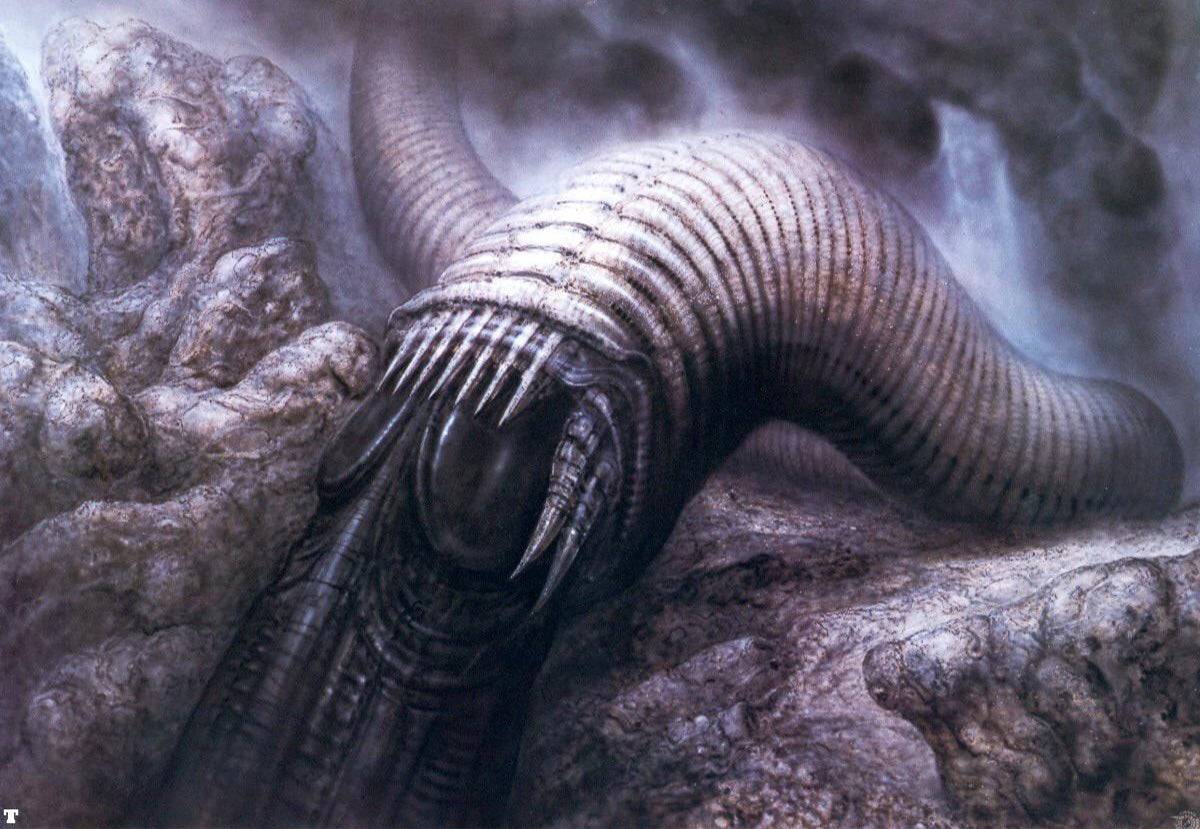
Frank Herbert's Dune series underscores the peril of charismatic leaders, a theme ignored by Lynch but central to Villeneuve's adaptations. Wurlitzer's script portrays Paul as a confident young man embracing his destiny as a universal dictator, with complicit characters like Chani and Kynes supporting his rise to achieve their ecological goals.
This script, conceived during the nascent era of modern science fiction cinema, may have been too ambitious for its time, much like Zack Snyder's Watchmen. Scott acknowledged in 1979 to the Tribune, "For years sci-fi has been treated as underground material, yet there's always been a vast and enthusiastic readership for sci-fi novels. Dune has sold 10 million copies."
Wurlitzer's script visually establishes key relationships, correcting issues found in Lynch's film. It introduces the Emperor's death as the catalyst for the Duke's downfall, enhancing the narrative's coherence. The script also emphasizes ecological themes more than other adaptations, a strength highlighted by Ian Fried: "The ecological aspect of Dune is covered in this script in a way it's never been covered in any other piece of material. That's one of the strengths of this adaptation: It feels like it's important to the story being told. It doesn't hit you over the head with it. It genuinely is a consequence of what man has done to this planet, the ecological issues that have developed around spice mining. There are a lot more clear motivations in the Ridley Scott Dune script for a larger variety of characters."
While Wurlitzer's script was not universally embraced at the studio level due to its dark and mature tone, its legacy endures. H.R. Giger's phallic sandworm design and skeletal Harkonnen furniture, now at the Giger Museum, were developed for this project. Vittorio Storaro, who was to be the cinematographer, later worked on the 2000 Frank Herbert's Dune miniseries. Scott and De Laurentiis eventually collaborated on Hannibal, and elements of Wurlitzer's script can be seen in Scott's Gladiator II.
As we approach the 60th anniversary of Herbert's novel, its themes of environmental decay, the dangers of fascism, and the need for awakening remain as relevant as ever, suggesting that future adaptations may yet explore these ecological underpinnings more deeply.







